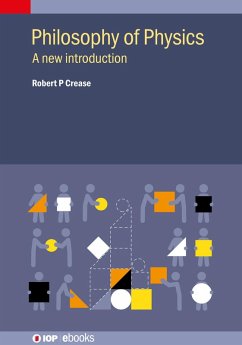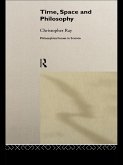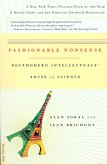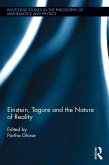Philosophy, like science, may refer to several different things: to a group of topics, to a set of discoveries, or to ways of inquiry. This book is about the ways that philosophers inquire into science. They do so with several different approaches, which this book parses into three. One analyzes the results of inquiry, another the process of inquiry, and still another inquiring, or what it means to be an inquirer. Each approach puts a different feature of science centre-stage - its logic, practice, and being-inquiring - questions it in different vocabularies for different ends, and ends up with different kinds of conclusions. Each approach also sees the relevance and urgency of philosophical attention to science differently. Understanding these approaches is necessary for understanding what philosophers do and why. This book outlines these approaches in a non-technical way, and highlights their differences by showing how they engage specific topics and issues in physics, including method, discovery, and theory.
This book aims to help physicists think about their work in ways they ordinarily do not. One contribution of philosophers is to underscore the insight that physics is a practice, not a method to be learned and applied mechanically. Another benefit is to help physicists understand controversies in their field. The key audiences for this book include the wider physics community, as well as philosophy and physics students.
This book aims to help physicists think about their work in ways they ordinarily do not. One contribution of philosophers is to underscore the insight that physics is a practice, not a method to be learned and applied mechanically. Another benefit is to help physicists understand controversies in their field. The key audiences for this book include the wider physics community, as well as philosophy and physics students.
Dieser Download kann aus rechtlichen Gründen nur mit Rechnungsadresse in A, D ausgeliefert werden.









